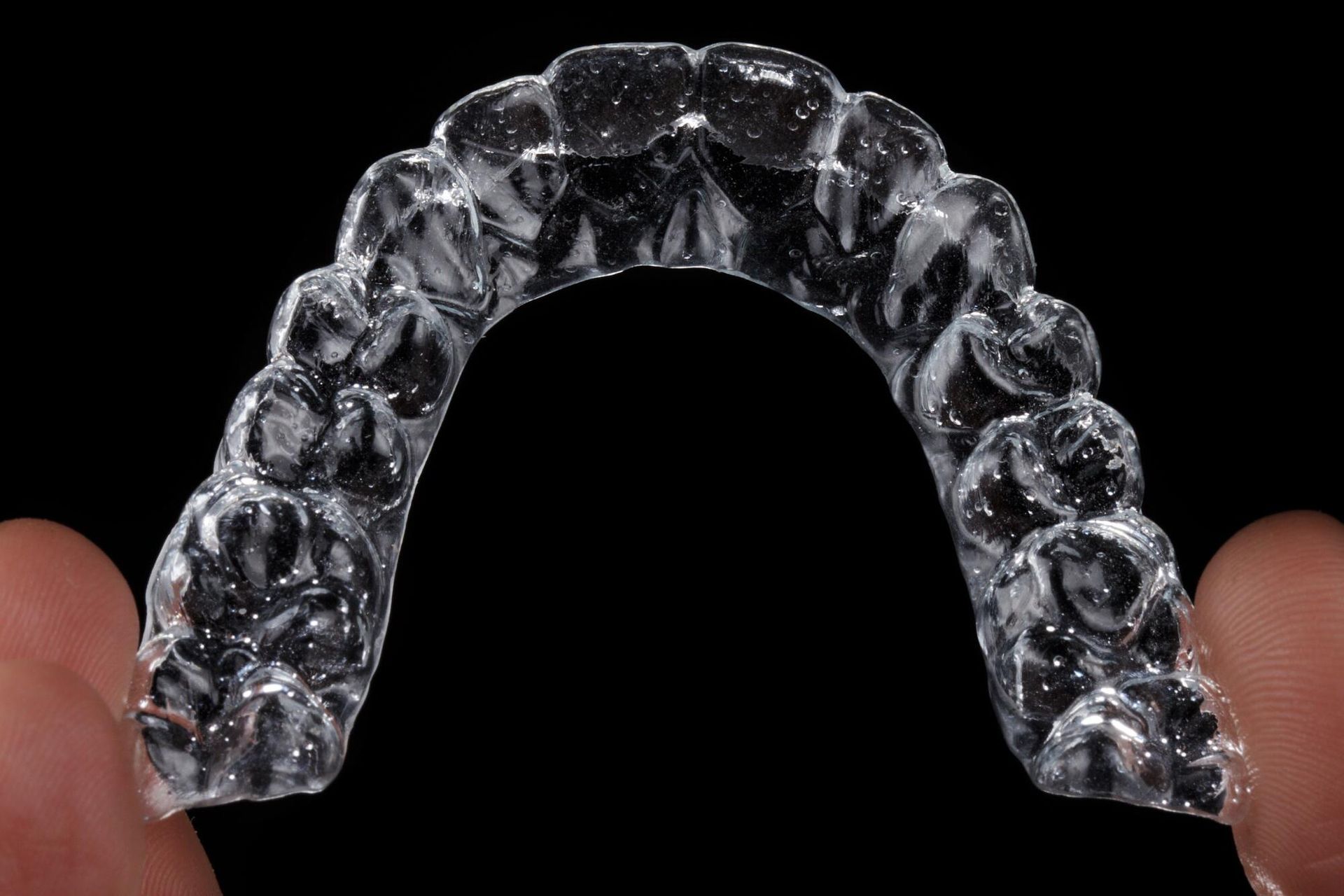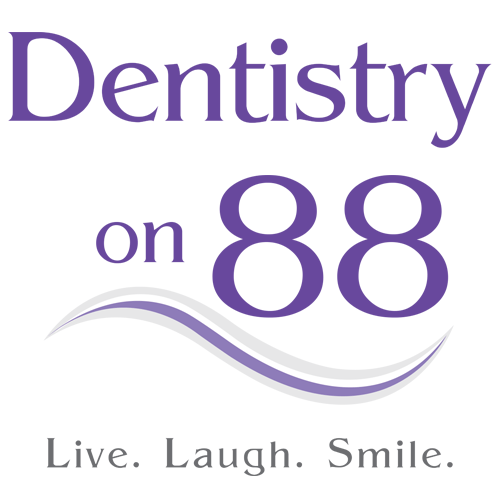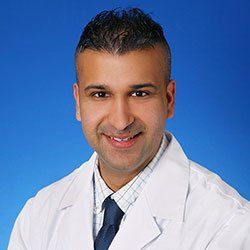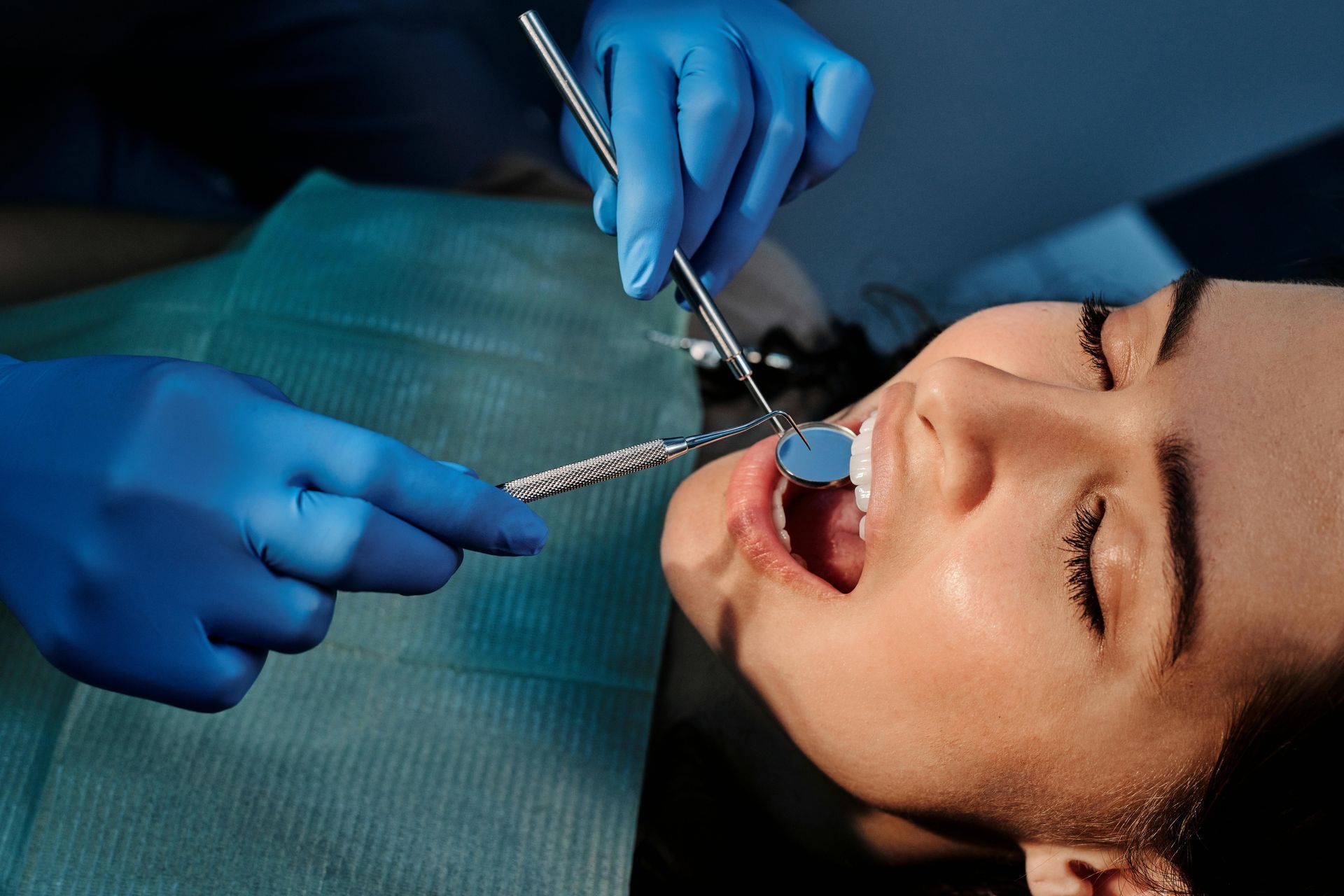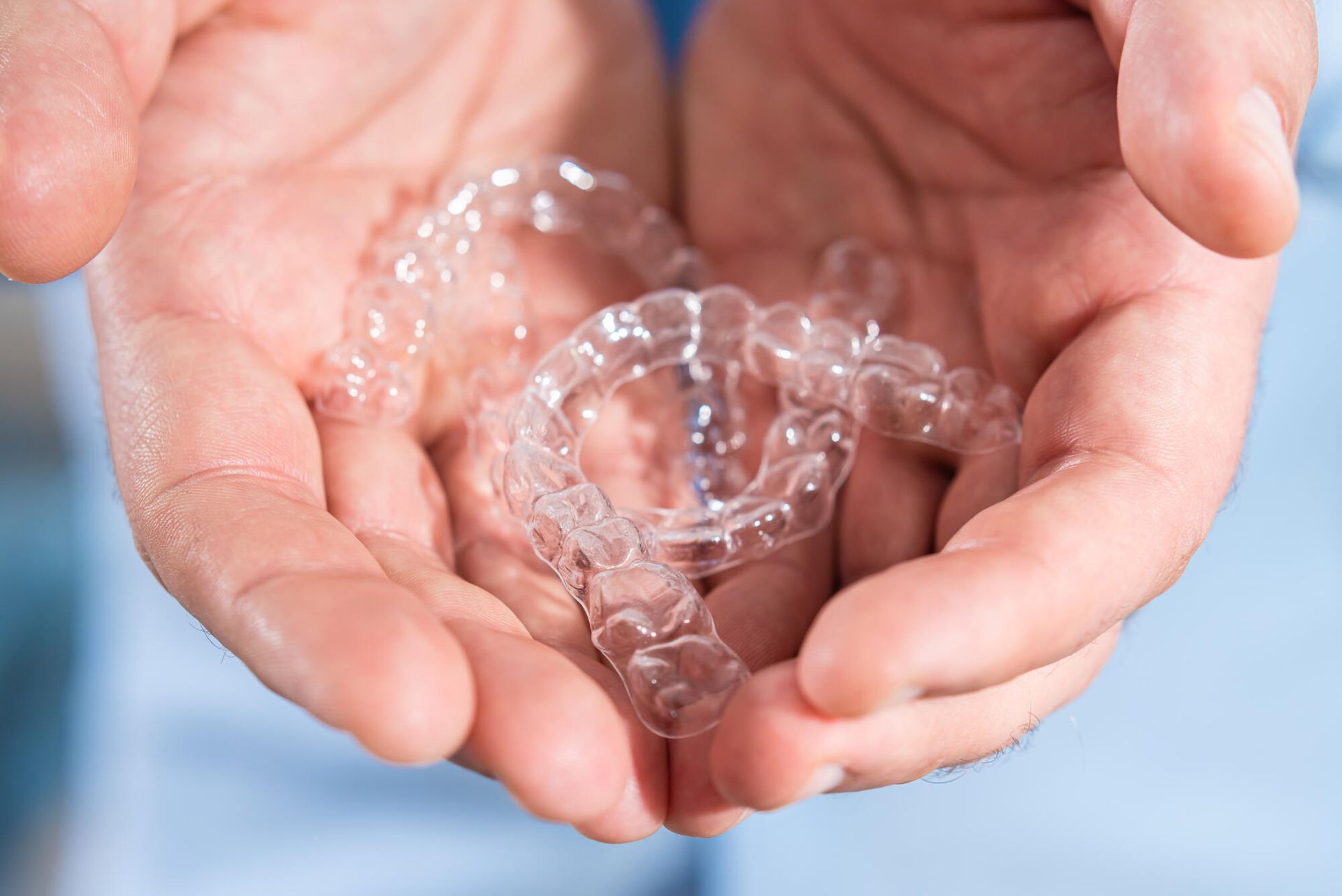Dental Cleanings: How Often Should You Clean Your Teeth
Dr. Arif Virani
D.M.D
Dr. Arif Virani attained his Doctor of Dental Medicine degree from the University of Pennsylvania.
He performs an assortment of treatments in general dentistry for young children, adults and seniors. Dr. Virani’s passion in dentistry include services such as dental implants, gum grafting and wisdom teeth removal.
When he isn’t working, he enjoys working out, playing sports and keeping up with all the Toronto sports teams. He plays softball in the Bradford Sluggers league. As well, he enjoys dining at new restaurants and spending quality time with his family and friends.
Dr. Virani looks forward to providing you and your family with dental care in a warm and relaxing environment.
About 1 in 5 adults have untreated decay, while nearly 2 in 3 older adults have gum disease. To prevent tooth decay and gum disease, you need to keep your teeth clean. Regular cleaning also keeps your pearly whites strong and healthy.
In addition to forming good brushing and flossing habits, it is also vital to have your teeth professionally cleaned. Professional dental cleanings can help remove tough stains and particles on your teeth that daily brushing cannot remove.
So, how often should you have your teeth cleaned? Keep reading the guide below to find out.
How Often Should You Get a Dental Cleaning?
It is generally recommended that you visit your dentist every six months for a professional dental cleaning. This lets your dentist get a look at your teeth and fix any dental work.
However, the specific frequency of visits may vary depending on your individual needs and oral health. If you have a higher risk for dental problems like gum disease or cavities, you may need more frequent cleanings. Visiting a dental professional every three or four months may be ideal in such a situation.
Discuss your specific dental needs with your dentist. They will help you determine the appropriate schedule for your dental cleanings.
Signs You Need Professional Dental Cleaning
Don't know when to get a dental cleaning. Here are some signs that you should visit your dentist as soon as possible.
Visible Plaque or Tartar on Your Teeth
Plaque is a clear or yellow bacteria film that forms on your teeth, while tartar is a dark-colored deposit that forms when you don't remove plaque. If you see these substances on your teeth, it may be time for a dental cleaning.
Swollen and Bleeding Gums
Healthy gums are pink and do not bleed easily. If your gums are red, swollen, or bleed when you brush or floss, it may be a sign of gum disease. A dental cleaning can help remove plaque and tartar from below the gum line, improving the health of your gums.
Bad Breath
If you consistently have bad breath that does not go away, it may be time to consider professional cleaning. Your dentist will thoroughly clean out the bacterial build-up that may be causing the bad breath.
Missed Dental Cleanings
Even if you feel your oral health is good, you need a professional dental cleaning once in a while. Schedule a consultation in case your last cleaning was more than 6 months ago.
What to Expect During Dental Cleanings
The dental cleaning procedure may vary between dentists, but these are the basic steps of professional teeth cleaning. The entire procedure usually takes less than an hour.
Step 1: Review of Medical and Dental History
Your dentist will review your medical history to ensure that the cleaning is appropriate. They will also check for any potential contraindications or precautions to take during the cleaning procedure.
Step 2: Oral Examination
The dental practitioner will examine your mouth, including your teeth, gums, and other oral tissues. This will help them assess the overall health of your mouth and identify any areas of concern.
Step 3: Preparation and Plaque Removal
If you have sensitive teeth, the dental hygienist will apply a light numbing agent to your teeth and gums before cleaning. They will then use scaling and root planning techniques to carefully remove plaque and tartar from your teeth and along the gum line.
Step 4: Teeth Polishing and Fluoride Treatment
After removing the plaque and tartar, the dental hygienist will use a powered toothbrush and gritty toothpaste to polish your teeth. This will help remove surface stains and smooth your tooth enamel.
To prevent cavities and strengthen your enamel, the dental professional may apply a fluoride treatment to your teeth. This treatment may be in the form of a gel, varnish, or paste.
Step 5: Aftercare
Your dental hygienist will provide you with instructions and cleaning tips on how to care for your teeth and gums at home.
How Should You Take Care of Your Teeth Between Dental Cleanings
After teeth cleanings, it's essential to maintain your teeth for proper oral hygiene. Here are some tips to follow in between dental cleanings:
- Brush your teeth twice a day using a toothbrush with soft bristles
- Floss each day to remove food particles from between your teeth
- Use mouthwash to kill bacteria and freshen your breath
- Avoid sugary and acidic foods or drinks
- Eat crunchy fruits and vegetables
- Drink plenty of water to help rinse away food particles and neutralize the acid in your mouth
- Avoid tobacco products
- Replace your toothbrush every three to four months
- Use an antimicrobial rinse to help reduce plaque and prevent gum disease
How Much Does Dental Cleaning Cost?
Many dental insurance plans cover the cost of dental cleanings as a preventive measure. If you have dental insurance, check with your insurance company to see what's covered under your plan. Some plans may cover the entire cost of teeth cleaning or a portion of the cost.
Schedule a Dental Cleaning Appointment Today
Dental cleanings are an important tool for your oral health. The frequency of this procedure is best determined by our dentist in Bradford, Ontario. We will recommend your teeth cleaning sessions based on your family history, current oral health, and risk factors for gum disease and cavities.
Contact us now to book an appointment.
